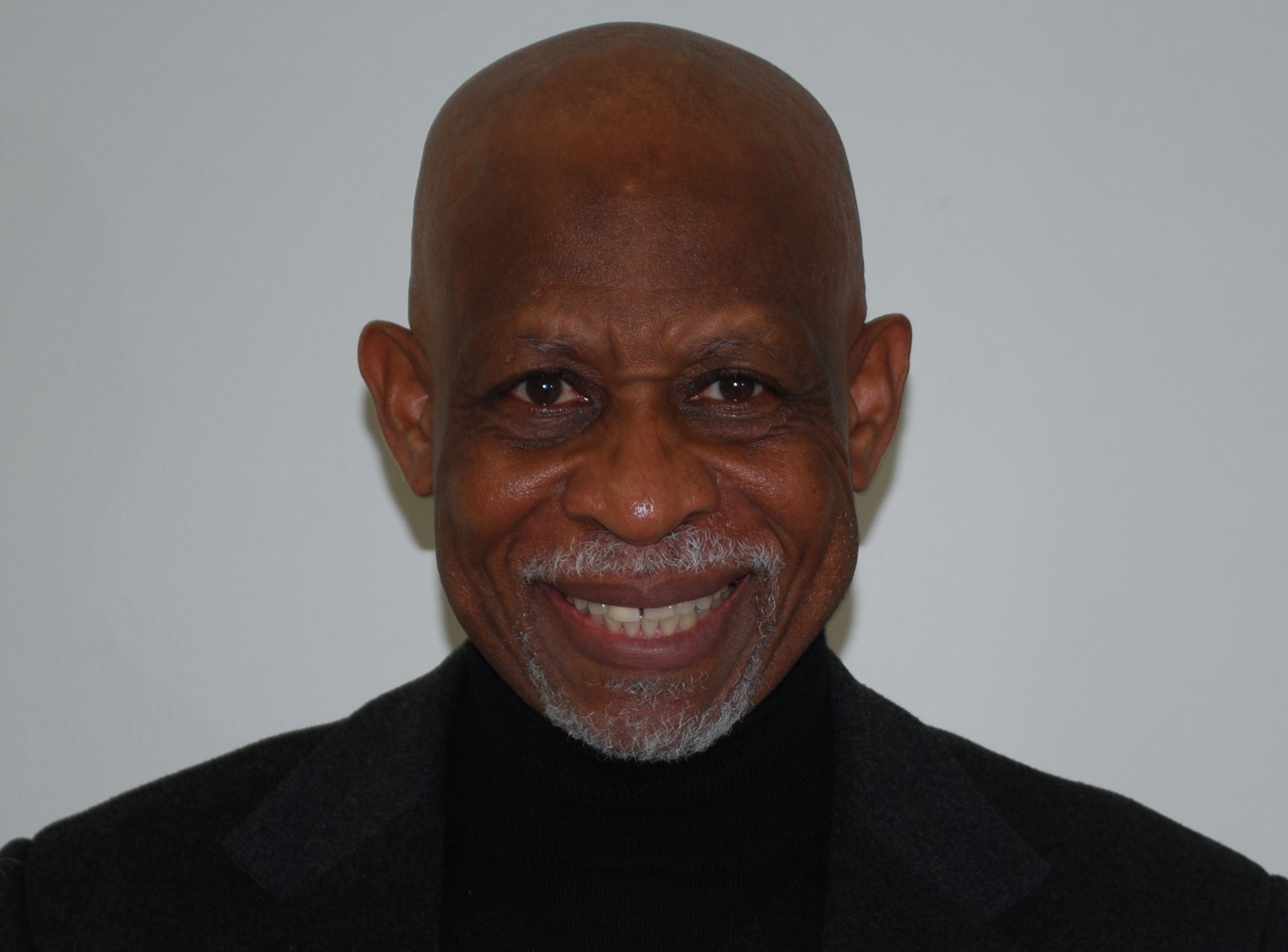OP-ED BY DR. ROBERT KENNEDY
Humility If there ever were a time that I think I need to reflect on the word humility, it is now. I say this because I am opining that our nation has reached its limits in the exhibition of so much pride that we are about to be wiped off the face of the earth.
This has been the case with the history of nations, which seems to me, is about to happen to us. Maybe you have forgotten Andrew Davis’ song because it is buried in the sands. It used to be proudly sung in England and her colonies. Here it is:
Rule, Britannia! Britannia, rule the waves!
Britons never, never, never shall be slaves.
When Britain first, at heaven’s command,
Arose from out the azure main,
This was the charter of the land,
And Guardian Angels sang this strain:
The nations not so blest as thee
Must, in their turn, to tyrants fall,
While thou shalt flourish great and free:
The dread and envy of them all.
Still more majestic shalt thou rise,
More dreadful from each foreign stroke,
As the loud blast that tears the skies
Serves but to root thy native oak.
Thee haughty tyrants ne’er shall tame;
All their attempts to bend thee down
Will but arouse thy generous flame,
But work their woe and thy renown.
To thee belongs the rural reign;
Thy cities shall with commerce shine;
All thine shall be the subject main,
And every shore it circles, thine.
The Muses, still with freedom found,
Shall to thy happy coasts repair.
Blest isle! with matchless beauty crowned,
And manly hearts to guard the fair.
Rule, Britannia! Britannia, rule the waves!
Britons never, never, never shall be slaves
Each time I hear, “We are the greatest nation on earth,” being said about the United States of America, I am reminded of the theologian/ethicist Reinhold Niebuhr’s 1952 book, The Irony of American History, in which he challenged the pride of the American nation. Martin Luther King Jr. said that Reinhold Niebuhr had a greater influence on him than Ghandi.
That said, I have shuddered at our boast that we are the wealthiest nation on earth. I have heard the repetition also of our boasted military might. We have also boasted of our democracy. We have boasted of our health system. But let me ask, do we ever stop to think of one of the most profound sayings in the Proverbs, namely: “Pride goes before destruction and an arrogant spirit before a fall.” (Proverbs 16:18)
The man who wrote or collected this proverb must have known much about what he was speaking. Yes, he was one of the richest and wisest kings of his generation. His father had left him a kingdom that stretched from the borders of Egypt to the Euphrates. He had ships at sea to bring him gold. Nations from everywhere sent their ambassadors to seek his wisdom. His table was spread with the most delicious meals. He had seven hundred wives and three hundred concubines (1 Kings 11:9), whatever the latter means.
After dedicating himself and his nation to God at the start of his kingship, and praying one of the most effective prayers (2 Chronicles 6:7). He received the affirmation of God and was given the challenge, “If My people who are called by My name will humble themselves, and pray and seek My face, and turn from their wicked ways, then I will hear from heaven, and will forgive their sin and heal their land.” (2 Chronicles 7:14 NKJV).
It was not long before he forgot the reality of his moment of dedication, his prayer, and the challenge. In reality, his kingdom started to crack in his day, and soon after his death, it fell apart (divided) under his son Rehoboam. (2 Chronicles 10; 1 Kings 12).
Such was the tragedy for the kingdom of Israel and the tragedy for the history of nations as Assyria, Babylon, Egypt, Syria, Greece, Media-Persia, Rome, Great Britain, the Mongols, and so many more. Read Paul Kennedy’s book, The Rise and Fall of the Great Powers, William Shirer’s The Rise and Fall of the Third Reich, Edward Gibbon’s The History of the Rise and Fall of the Roman Empire, and other histories in this genre to grasp what happens when nations become arrogant.
Do I need to say more than quote the great apostle Paul who said, “Therefore let him who thinks he stands take heed lest he falls.” (1 Corinthians 10:12)
If you know about Paul, he had it all made as a young man. He got an early start in life, being educated at one of the most upstanding universities at the time, namely the University of Tarsus. He had for his mentor a name among names, Gamaliel.
By the age of thirty, he was named to the highest Jewish church council, the Sanhedrin. Paul was well respected that he received letters from the council to arrest Christians from all over and take them back to Jerusalem for trial. He even consented to the death of one of the early fire-brand preachers, called Stephen.
Paul was going places until one day, the Lord Jesus Christ met him on the road to Damascus and knocked him off his horse. His story is told and retold in Acts 9:1-19; 22:6-21; 26:12-18. Thank God that Paul learned a lesson of humility before it was too late.
We might not be able to save the nations, but we can save our lives. As the apostle James says, “Humble yourself in the sight of the Lord, and he will lift you up.” (James 4:10).
My prayer is that each one of us will take thought before we boast and that the leaders of the nation will read and follow the warnings of history and Scripture as given above.


